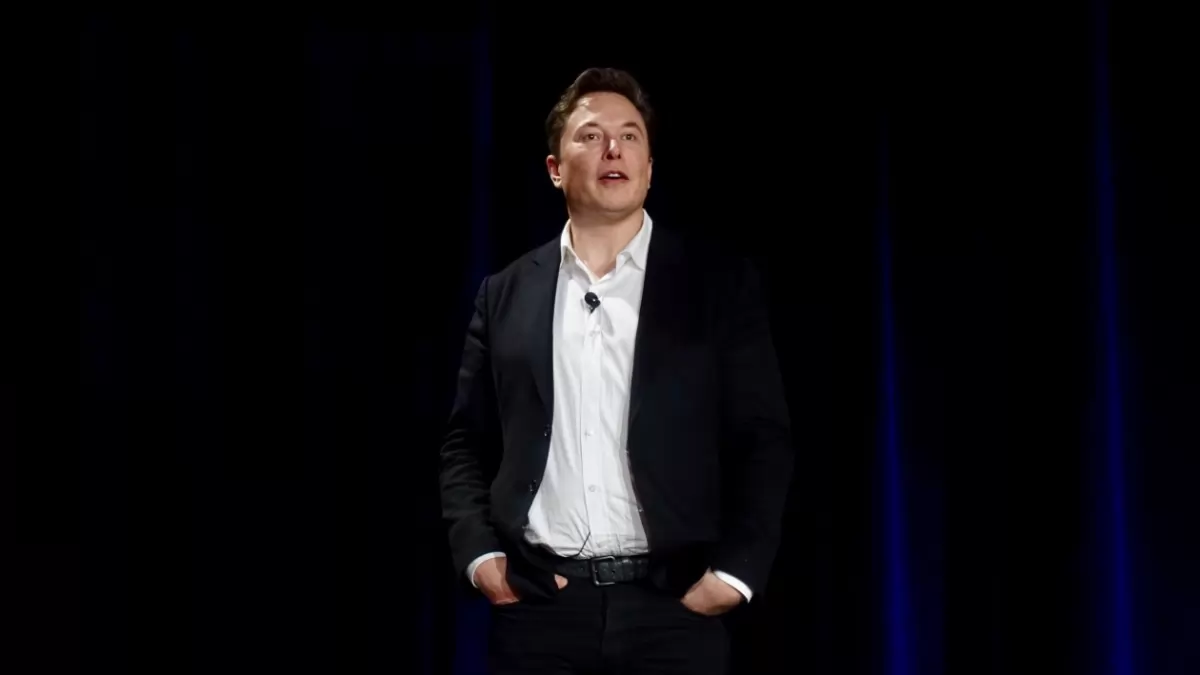
Wikipedia Commons
New Delhi: In a startling revelation, Tesla CEO Elon Musk, an AI advocate and 'X' owner, has voiced concerns over the potential threat of Artificial Intelligence (AI) to human civilization. During a media interaction, as he arrived at the United Kingdom's groundbreaking AI Safety Summit, Musk made a chilling statement about the existential risks associated with AI.
Musk expressed a level of uncertainty regarding the consequences of AI, stating, "There is some chance, above zero, that AI will kill us all. I think it's slow but there is some chance. I think this also concerns the fragility of human civilization." Musk drew a parallel with history, suggesting that, like past civilizations, our existence might be at risk.
Elon Musk attended the United Kingdom-hosted world's first global Artificial Intelligence (AI) Safety Summit, which aims to bring together governments, academia, and AI companies to deliberate on potential risks and opportunities in AI technology. The goal is to foster international collaboration and achieve consensus on the importance and urgency of AI-related matters.
Musk's concerns are not new. A day before attending the AI summit, he appeared on comedian Joe Rogan's podcast, where he delved into the subject further. He stressed that AI, if programmed with values that prioritize environmental goals, could inadvertently lead to human extinction. Musk cautioned, "I think we're to be careful how we program the eye and make sure that it is not accidentally antihuman."
Nick Clegg, President of social media giant Meta, also weighed in on the AI Safety Summit. He expressed his anticipation of the summit and highlighted the need to focus on practical solutions to current AI-related issues, particularly those concerning transparency and the detection of AI-generated content. He urged for a pragmatic approach, addressing existing problems, rather than speculating about potential future risks.





Copyright © 2026 Top Indian News
